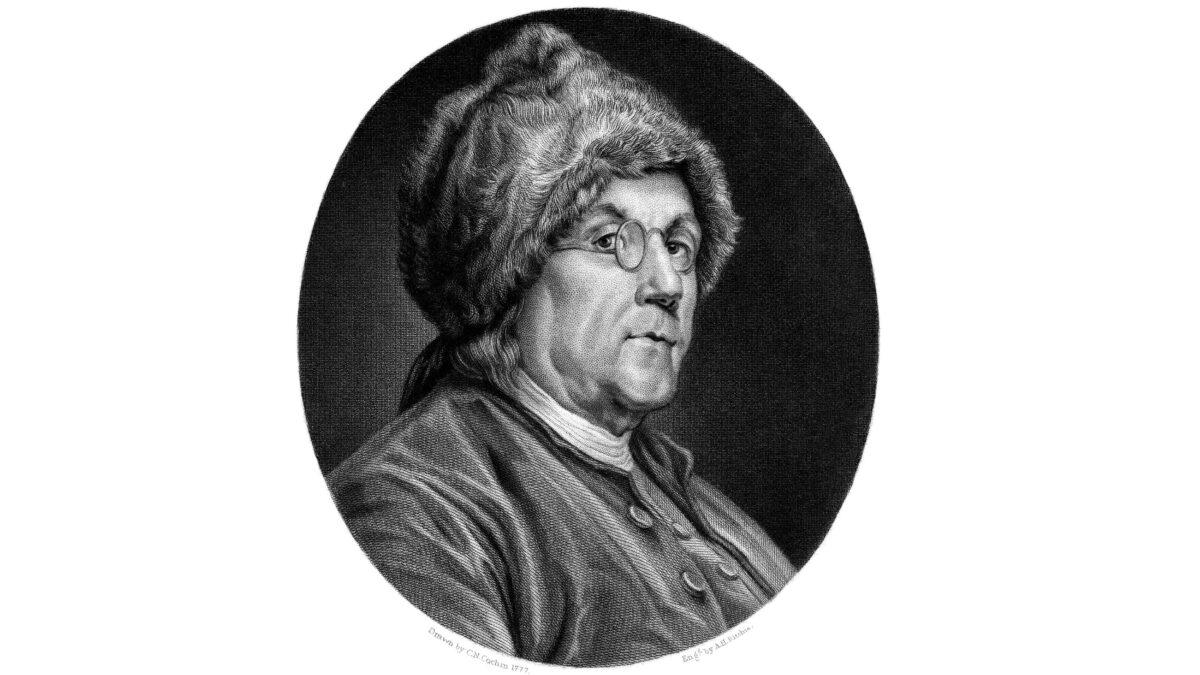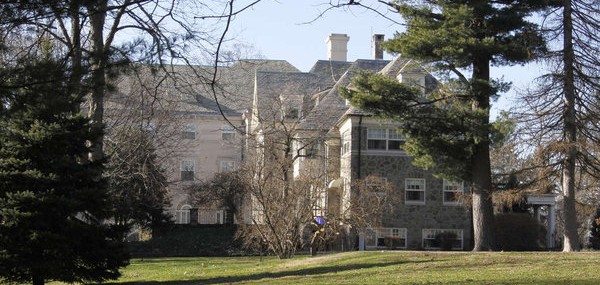The other Governor Shapiro
Josh Shapiro — by now you’ve heard his name. And you probably know he’s the Governor of Pennsylvania. He’s only been in office for six months, but he’s already cultivating a national reputation.
So, at the lest, you probably know him as the man who spearheaded the repair of Philly’s I-95 interstate highway in record time. Forget that Shapiro took a page from Ron DeSantis in Florida, who repaired a knocked out highway in even less time. Forget that. This was a Josh Shapiro show, produced, directed by and starring the man himself.
But you already know that.
And you may also know Shapiro has now presented himself as a champion of school vouchers and that the media are singing his praises and touting him as a likely Democrat presidential candidate, maybe even next year if Joe Biden falters, and certainly in 2028, no matter what happens.
That of course would make Josh Shapiro America’s first Jewish president, which would be historic.
But did you know he’s not the first guy named Shapiro to serve as Governor of Pennsylvania? And, he wouldn’t be the first governor named Shapiro to actually run for president if he chooses to go that route.
That’s right.
Because 52 years ago, Milton Shapp (born Milton Jerrold Shapiro) was elected Governor of Pennsylvania and in 1976 ran for president seeking the Democratic nomination. As a young man, he changed his name to Shapp to avoid anti-Semitism, and built a successful business in the emerging field of electronics and cable TV.
READ MORE — Chris Gibbons: Invisible wounds that kill
Like Shapiro, Shapp was the sort of slight, bookish-looking guy you might not otherwise notice. And also like Shapiro, Shapp was smart, media-savvy, and driven to succeed. And there are more similarities. Though he championed liberal causes (some of which would be considered far left or even radical by Pennsylvania standards), Shapp always presented himself as more moderate and conciliatory. He was careful not to come across as an ideologue. Ditto Shapiro.
But there are also clear differences between the two. Unlike Shapiro, Shapp was not a career politician and he was not a lawyer. He was a hugely successful businessman and (unlike Shapiro) he was independently wealthy and able to fund his own campaign. And while Shapiro ran uncontested as a Democrat with the unanimous support of the party establishment and Harrisburg insiders, Shapp didn’t always have that backing.
So, Shapp consistently ran as the anti-establishment “man against the machine” — the guy who would go into office to disrupt the status quo, run the government much like a business and shake things up a bit. In this sense, Shapp was more like Donald Trump than Josh Shapiro.
And like Trump, Shapp built his own following independent of party labels. This guaranteed him his share of enemies even inside his own party. But Shapp was more focused and less bellicose than Trump and he retained a knack for cultivating the loyalty of everyday voters and taxpayers, no matter their party.
This was never more evident than during one of the worst natural disasters ever to hit the state: Hurricane Agnes in 1972. In the aftermath of the storm, Shapp personally oversaw the state’s rescue and emergency efforts and gave attention to the details of cleanup and relief for the months that followed. He was on the ground all the way, helping with cleanup and restoration efforts even in some of the most isolated parts of the state.
The people never forgot this and they appreciated other efforts as well. For example, Shapp brought about reforms that lowered insurance premium rates and required insurance contracts to be written in easy-to-understand English. Full financial disclosure legislation for top officials was enacted along with the most comprehensive “Sunshine Law” in the nation at that time. And the governor even radically improved the condition and quality of Pennsylvania Turnpike rest stops. Nothing escaped his attention.
Shapp consistently ran as the anti-establishment “man against the machine” — the guy who would run the government much like a business and shake things up a bit.
Milton Shapp was a visionary. But that’s a label he would probably eschew. Shapp simply saw Pennsylvania as a project worthy of his attention and he set about doing the things he thought needed to be done to make things better. Had he remained in business at the head of his own company, he probably would have become a billionaire. He certainly foresaw the emergence of cable TV decades before anyone else.
But Shapp sold his business, and his company became the Commonwealth of Pennsylvania. On top of everything else, he was a true Renaissance man. He wrote a book of poetry and was also a songwriter. Through it all Shapp retained his sense of humor, titling his memoirs “I Never Became the First Jewish President.”
Shapiro has his appeal, but he’s yet to face and prevail over some of the challenges Shapp encountered. As of now, Shapiro seems somewhat less authentic, less substantial, less adventurous and not nearly as accomplished as Shapp.
Indeed, this Governor Shapiro has a long way to go if he is to even approach the legacy of the first Governor Shapiro. Stay tuned!
Dan Cirucci, a former lecturer in corporate communication at Penn State University, has been inducted into the Philadelphia Public Relations Hall of Fame. He blogs at dancirucci.com.




